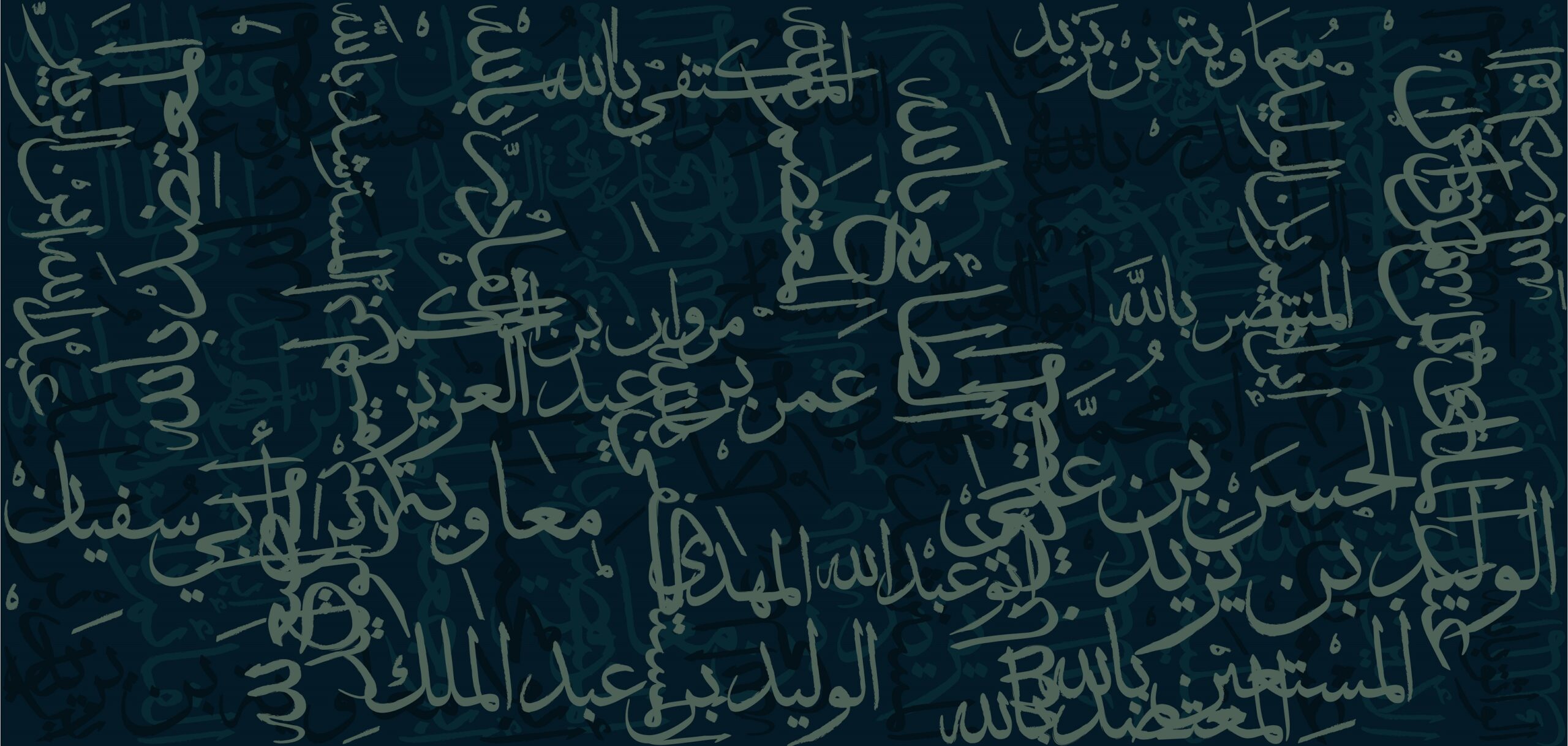This page contains a list and short description of the various books that the information in the podcast is sourced from.
Classical Arab sources
The earliest attempts the Arabs made to write down their history are lost. Fortunately, their works were heavily quoted by grateful subsequent historians and have thus reached us through them. These are the sources that I go through carefully as I record my episodes.
Al Ya’qubi
It’s not exactly known when Ahmad al Ya’qubi was born, nor when he wrote his history, but it must have been before his death towards the end of the 9th century, making it one of the earliest fully surviving works of its kind. It is equally unclear whether or not he was a Shi’ite, but his readiness to critique the early muslims and his sympathies for several important Shi’a figures has earned him an unfair reputation as a partisan.
Al Tabari
Easily the most authoritative Arab historian. Mohammad ibn Jarir al Tabari lived in Baghdad between 839 – 923 AD, where he wrote his voluminous history that covers everything the Arabs said from the dawn of creation until 915 AD. It can more accurately be described as an archive of historical narratives, as it includes multiple, often conflicting accounts. This factual flexibility has made his work one of the few to be widely accepted by different ideologies, that often have different opinions about what happened in the past.
Al Mas’udi
Ali al Mas’udi was born the same year al Ya’qubi died, and lived to be sixty. Sometime during those six decades he wrote his ambitious, entertaining, informative, and imaginatively titled history “Fields of Gold, and Mines of Gems”. As a renowned geographer and explorer of his age, his history was wide-ranging and engaging enough to earn him the awesome title “Herodotus of the Arabs”.
English books about Arab history
If you want to read up on Arab history, here are a few selections that I can recommend. Please note that none of them approach the subject matter through a focus on the caliphs.
A History of the Arab Peoples – Albert Hourani
This is a great book for anyone interested in Arab history, I can’t think of a better one to recommend.
A History of Islamic Societies – Ira Lapidus
I almost feel bad about including this book here given that Arab history is just a portion of its larger scope. Ira Lapidus does an incredible job conveying the complex mosaic that Islam becomes as it is adopted by many communities around the world. The caliphate is of course a necessary part of this journey, but there’s so much more in here.
A Short History of the Arab Peoples – John Glubb
If you’re looking for a fun read by an Englishmen who was clearly enamored with the Arabs, then look no further. Glubb’s admiration for the Arabs meant that he relied on orthodox views and histories, and so his work at time suffers from their inherent biases.
The Succession to Mohammad – Wilfred Madelung
An expertly researched deep dive into the classical sources up to the beginning of the dynastic period. To anyone who listened to the first 15 episodes and wished I’d provided more detail, this is the book for you. While I do not agree with all of Dr. Madelung’s assessments, his book was a solid and helpful companion while navigating the conflicting narratives of Islam’s earliest years. I highly recommend it.
The Armies of the Caliphs – Hugh Kennedy
Professor Kennedy has a number of books on the subject, but this is the one that I felt adhered the best to the classical sources. It focuses on military affairs during the early caliphate, and is quite edifying despite not having much source material to work with. It taught me plenty about ancient warfare and how the Arabs and their histories compared to their contemporaries.
Modern Arabic sources
There are plenty of Arabic books on history, especially considering how relevant this history is to Islam. While I will not include any religiously motivated historical research, it is not uncommon for the author’s personal views on religion to coincide with the history they reconstruct.
Trilogy on Islam – Ahmad Amin
This is a fun and informative trilogy that ends up being a loosely organized list of historical themes that are discussed in various capacities. The author is clearly a devout muslim, and his faith is evident in his writing. The trilogy is mildly biased towards Sunni sources, and as a result sometimes portrays other sects disdainfully.
Copyright Z'Money 2025

